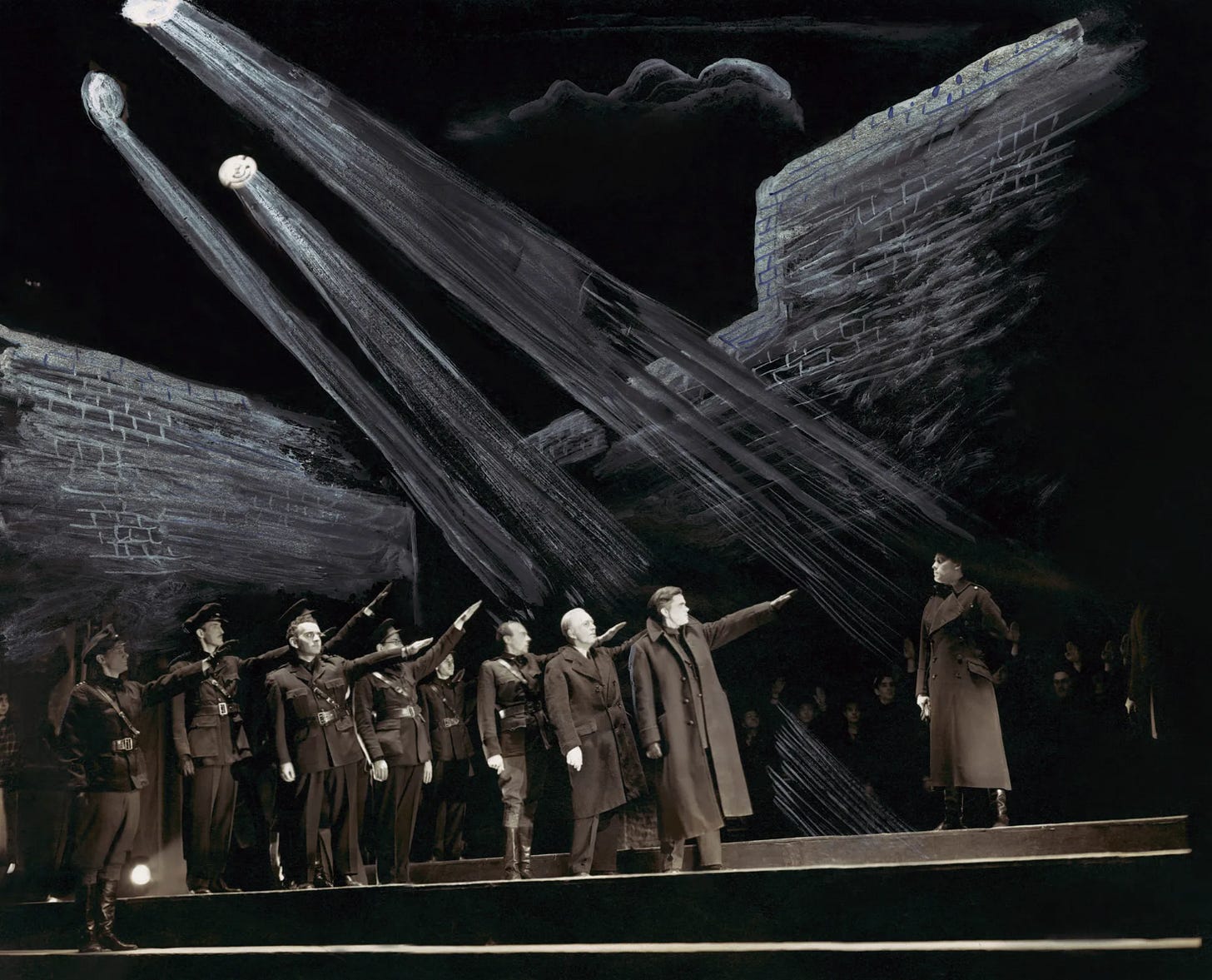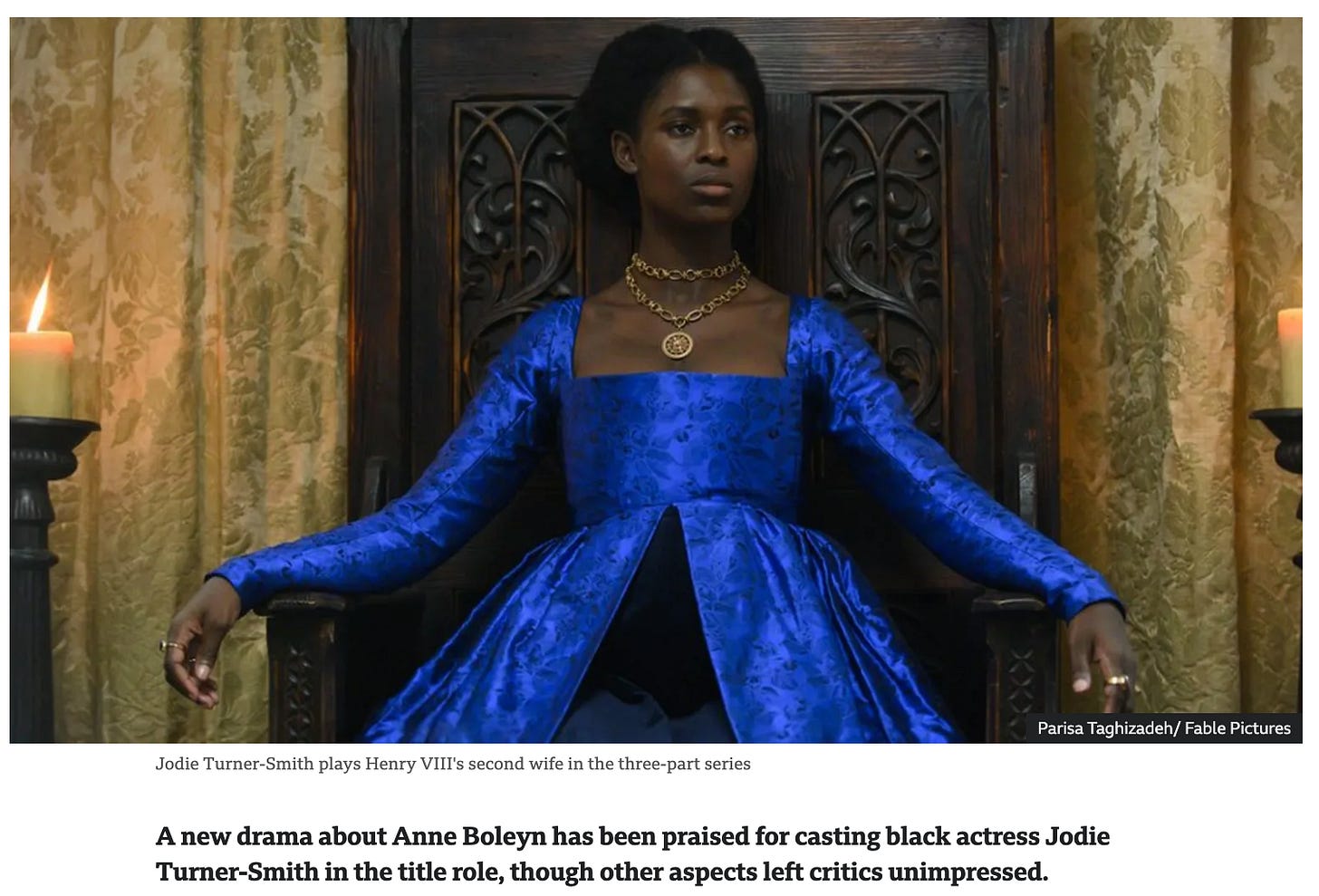Washington Post: Too many blacks in Denzel's "Othello"
A critic complains that Jake Gyllenhaal's Iago isn't racist enough toward Denzel Washington's Othello.
For about a century, it’s been common to set productions of Shakespeare’s plays in times and places unknown to Shakespeare. For example, the 22-year-old Orson Welles electrified the New York theater world in 1937 by staging Julius Caesar in then-contemporary Fascist Europe with snazzy military uniforms and Nuremberg rally-style lighting.
This is not unreasonable. Shakespeare, like just about everybody before Sir Walter Scott invented the modern historical novel in 1814, had only a woozy sense of what other times were like. Plus, it’s fun to dream up novel settings.
Like Shakespeare, classic Greek plays are often set in outer space or in San Francisco in 1967 or wherever else the director feels like, as are operas. But more recent classic plays generally are not because they tended to be more rooted in one time and place.
For example, Eugene O’Neil’s great autobiographical play A Long Day’s Journey Into Night is almost always set in 1912, just the way O’Neil wrote it. And it would be pointlessly hard to move Michael Frayn’s play about Neils Bohr and Werner Heisenberg, Copenhagen, out of 1940s Copenhagen.
Moreover, lots of famous 20th Century plays, like Arthur Miller’s Crucible, aren’t in the public domain, which means the Miller estate can, and sometimes does, veto overly creative production brainstorms it doesn’t like.
This flexibility with setting is related to the traditional flexibility in casting in certain, but not all, types of entertainment.
If you are staging Wagner’s Tristan und Isolde, Isolde can be portrayed by a soprano 30 years older and 100 pounds heftier than the character, so long as she can hit her high C’s better than a 110 pound virgin can.
On the other hand, if you are making a big budget movie about Abraham Lincoln freeing the slaves, the actor you cast as Honest Abe has to be a bearded, tallish white man of middling to mature years with an old-fashioned American accent. And he has to be shown as living in the White House.
This has caused no end of trouble for the British film and television industry, since they have an incredibly rich literary legacy, almost all of it written by and portraying whites, for the simple reason that very few nonwhites lived in Britain until quite recently.
This led, first, to the dictum that the small number of classic roles depicting non-Europeans must be reserved for People of Color. For example, it used to be assumed that major white Shakespearean actors like Welles, Sir Lawrence Olivier, Paul Scofield, and Anthony Hopkins would of course play Othello.
After all, it’s by no means clear from the text of the play that Othello, a Christian Moor, is sub-Saharan African. He could be a Caucasian North African as Michael Gambon played him in the early 1990s to critical abuse. My guess is that before the rise of 18th Century Enlightenment race science, as exemplified by great scientists like Linnaeus and Blumenbach, Europeans only had a hazy directional sense of race: the further south you went, the more Moorish people got.
I’d bet that Shakespeare, a professional showman, more or less conceived of Othello as sub-Saharan, because sub-Saharans tend to be more entertaining than sur-Saharan Moroccans. But I also suspect that Shakespeare didn’t imagine that 400 years in the future people would expect him to have chosen between North African and sub-Saharan African. It was all kind of woozy yonder down south to Shakespeare.
Second, and more recently, the Brits have imposed strict racial quotas on productions, with wacky results:
Paywall here:
Keep reading with a 7-day free trial
Subscribe to Steve Sailer to keep reading this post and get 7 days of free access to the full post archives.






